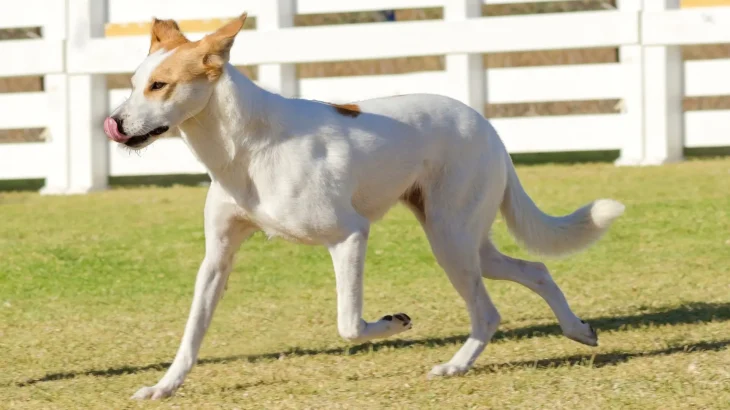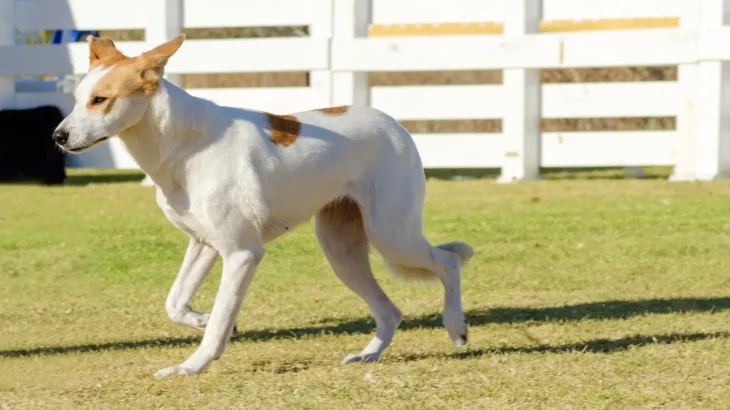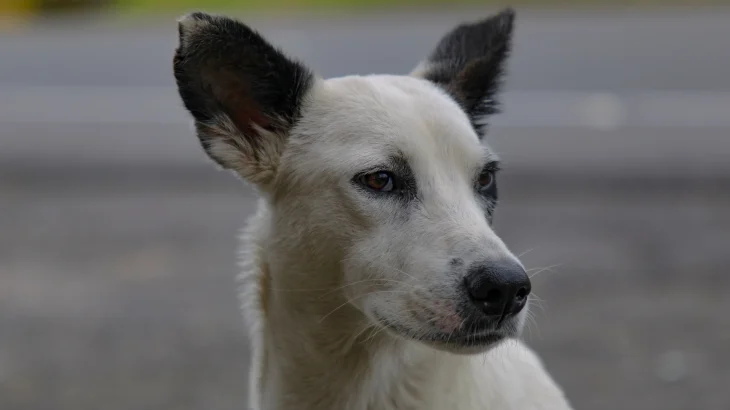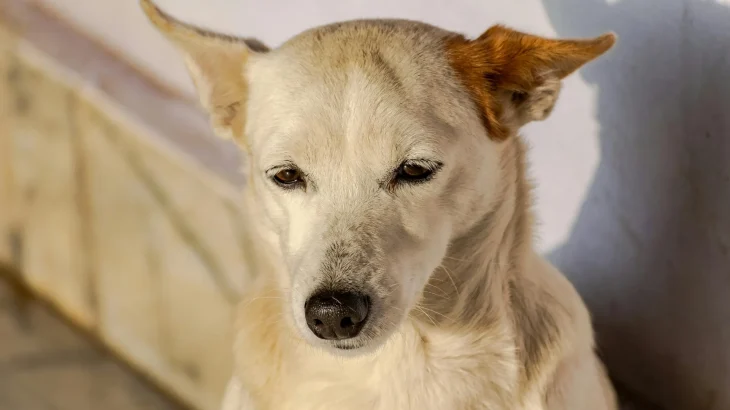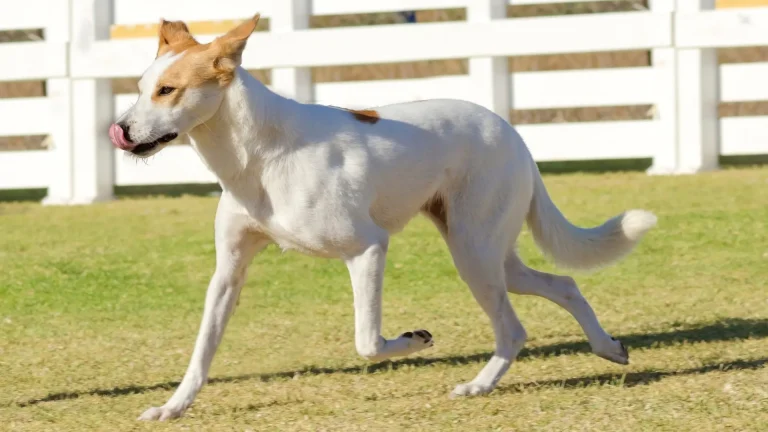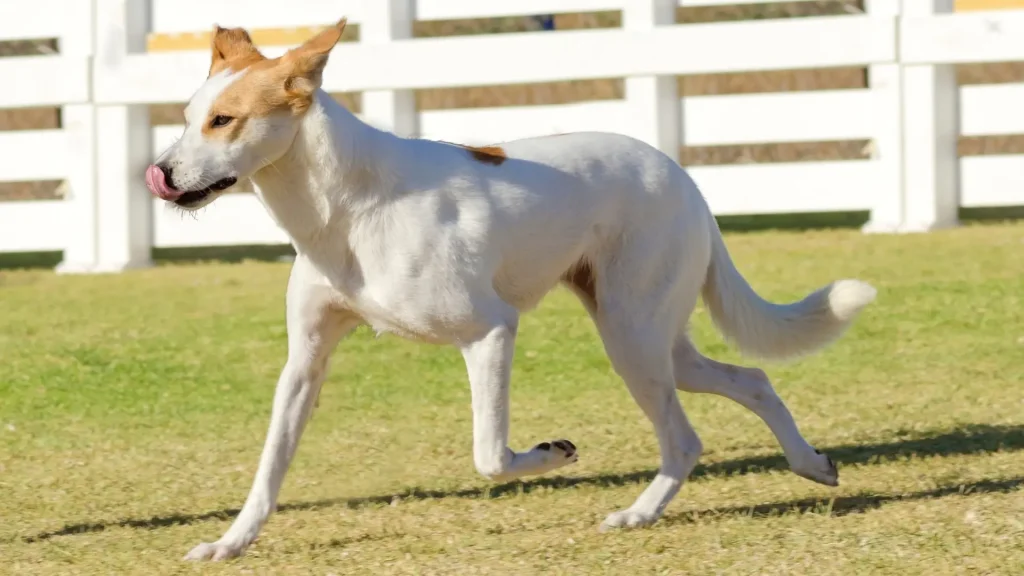Deciding between adopting or purchasing a Canaan Dog puppy involves weighing the benefits of giving a home to a dog in need against the predictability of buying from a responsible breeder. Adoption usually offers a chance to rescue a dog and support ethical practices, while buying from breeders often provides clear information about the dog's lineage and health background.
| Criteria | Buying from Breeder | Adopting from Shelter/Rescue |
|---|---|---|
| Cost | Higher upfront costs due to pedigree and breeding standards. | Lower fees often covering vaccinations and spay/neuter. |
| Health History | Comprehensive health records and genetic screenings usually provided. | Health history can be limited or unknown; basic health checks common. |
| Age Availability | Primarily puppies for early bonding. | Often adult dogs needing adjustment time. |
| Supporting Practices | Supports breeding programs focused on breed standards. | Supports animal welfare by rescuing at-risk dogs. |
| Ethical Considerations | Risk of unethical breeders; choose CKC Member Breeders or equivalent. | Generally more ethical by saving dogs and reducing shelter populations. |
| Breed Purity & Pedigree | Clear pedigree and breed purity guaranteed. | Breed lineage may be mixed or uncertain. |

